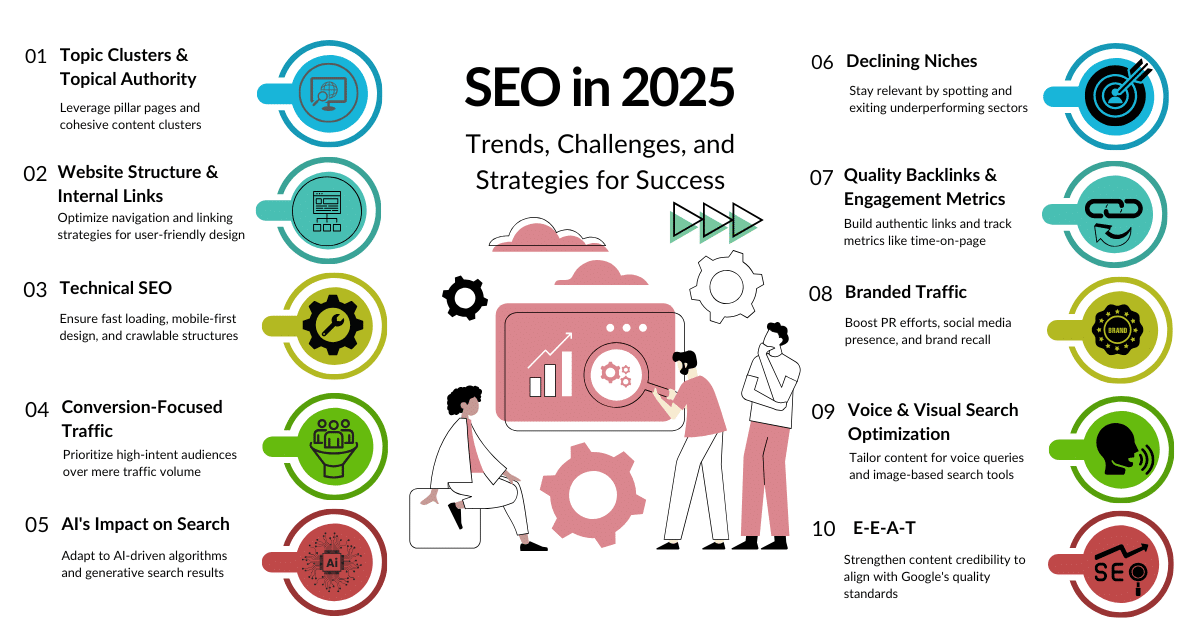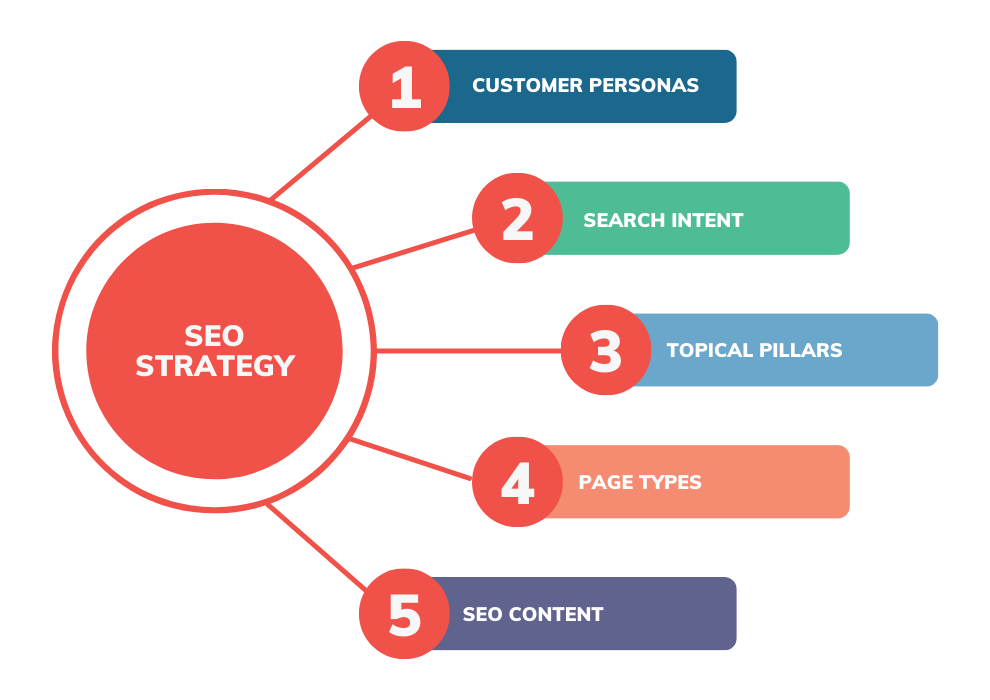In today’s fast-changing digital world, creating a successful online presence is essential for any business or personal brand. If you have a website, you must keep it visible and connect with the right audience. This is where Search Engine Optimization (SEO) plays an important role. SEO is divided into two main categories: on-page SEO and off-page SEO. These two pillars complement each other, and an integrated strategy is vital to your digital success.
As an experienced SEO expert and content writer, BDSBulbulAhmed.com offers the highest quality services in both of these areas. Let’s take a closer look at these two important concepts.
1. On-Page SEO: The Internal Control of Your Website
On-page SEO pertains to the optimizations achieved through direct control over the specific web pages of your website. Its main goal is to make your content easily understandable and relevant to both search engine crawlers and users. It is the process of improving the structural and content quality of your website. In short, it’s like fixing the “internal health” of your website.
The Main Components of On-Page SEO:
- Keyword Research and Optimization: We identify your target audience by the words or phrases they use to search online. Those target keywords are then used in a natural way in your content, titles, meta descriptions, and URLs. The use of the right keywords brings relevant traffic to your website.
- High-Quality Content Creation: Every page of your website should include valuable, informative, unique, and captivating material. The content must meet the user’s search intent, i.e., answer their questions, solve problems, and ensure a positive experience. Google now emphasizes the depth and relevance of content.
- Title Tags: These are clickable titles that appear on search engine results pages (SERPs). They give a strong signal to the search engine about the main content of the webpage. It is important to have keywords here.
- Meta Descriptions: These are short descriptions that appear below the title tag in search results. While not a direct ranking factor, they encourage the user to click on your link, thereby increasing the click-through rate (CTR) and indirectly helping in ranking.
- Header Tags (H1, H2, H3, etc.): These are used to organize and make content readable. They help the search engine understand the structure and main content of the page. The H1 tag is usually the main title of the page and contains the main keyword.
- URL Structure: The process involves creating short, meaningful, and keyword-rich URL slugs. Take yourwebsite.com/on-page-off-page-seo-optimization as an example. This technique is useful for both users and search engines.
- Image Optimization: The process includes compressing images to load faster and using relevant file names and alt text (alternative text). Alt text helps search engines understand the content of the image and increases the accessibility of the website.
- Internal Linking: This means linking from one page of your website to another relevant page. It helps the search engine understand the structure of your site and spread the ‘link juice’ (ranking power) to different pages of the website.
- Page Speed: How fast your website loads is crucial for user experience and ranking. Fast loading reduces the bounce rate of the site.
- Mobile-Friendliness: Ensure that mobile-friendly websites display properly and are simple to use on all devices, including smartphones and tablets. Google now prioritizes mobile-first indexing.
- User Experience (UX): How simple and enjoyable the design and functionality of a website is for the user is important in SEO. Easy navigation and clear content increase user satisfaction.
2. Off-Page SEO: The External Credibility of Your Website
Off-page SEO refers to all activities outside of your website that help increase the credibility, authority, and relevance of your website. It basically works by gaining ‘votes’ or ‘recognition’ for your website from other websites, social media, and online platforms. When search engines see that other quality sources are supporting your site, they think your site is more reliable and important. It’s like building your website’s “online reputation.”
The Main Strategies of Off-Page SEO:
- Link Building (Backlinks): This is one of the most important aspects of SEO. Backlinks are links from other websites that point to your site. “These backlinks serve as a ‘vote of confidence’ for your website in the eyes of search engines.” The more and higher-quality backlinks there are, the more the authority of your website will increase.
- Natural Links: When other websites voluntarily link to your content because they find it valuable.
- Manual Link Building: Actively acquiring links through guest posting, broken link building, and resource page outreach.
- Social Media Marketing: Share your content on social media, build brand presence, and engage with the audience. Although social media shares aren’t a direct ranking factor, they can increase the visibility of content, increase traffic, and indirectly help gain natural backlinks.
- Brand Mentions: When your brand or website is mentioned on any other online platform, even if there is no direct link, it gives the search engine an idea about the importance and reputation of your brand.
- Local SEO: This involves optimizing your Google Business Profile for local businesses, securing listings in local online directories, and obtaining customer reviews. This will increase the visibility of your business in local search results.
- Online Reviews: Getting positive customer reviews on Google, Yelp, or other industry-specific platforms. This not only affects potential customers but also increases the credibility of your business and contributes to off-page SEO.
- Content Marketing and Promotion: Creating high-quality, shareable content (e.g., blog posts, infographics, videos) and promoting them across various online channels so that they attract natural backlinks and social shares.
Lastly: Develop a Comprehensive and Resilient SEO Plan
The relationship between on-page and off-page SEO is close, with one being incomplete without the other. Both are equally important for a successful SEO strategy. On-page SEO makes your website relevant and effective for search engines and users, while off-page SEO increases your website’s online authority and credibility. Using these two together will allow you to achieve the highest search engine rankings and desired online presence.
For your digital marketing needs, I’m ready to help you with both on-page and off-page SEO through BDSBulbulAhmed.com. Get in touch with our experts today to help you achieve your goals.




